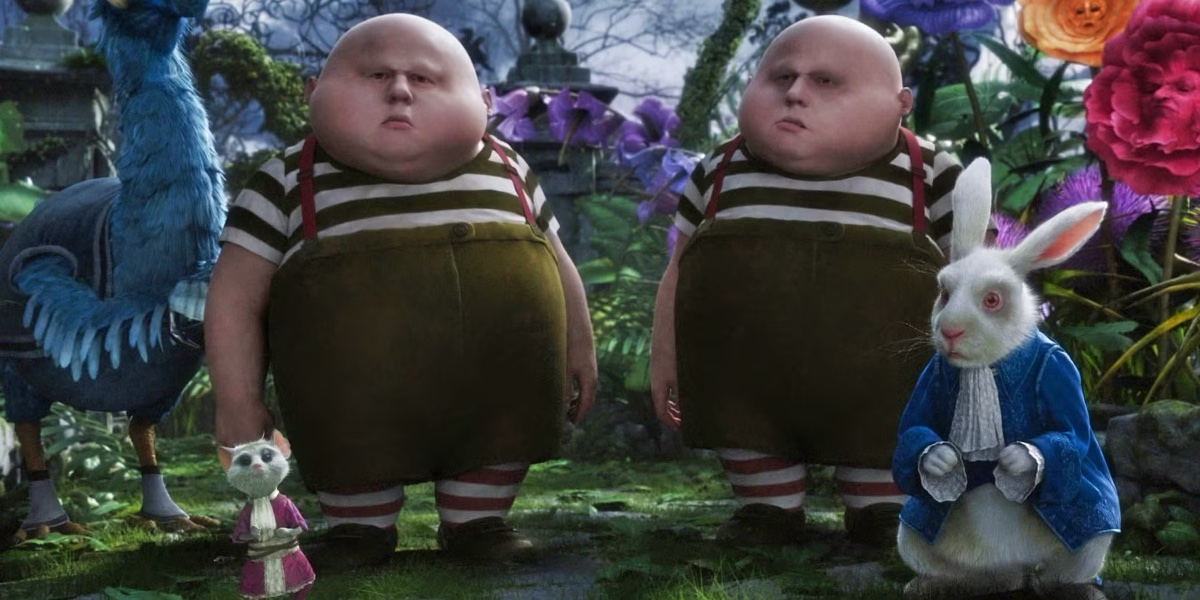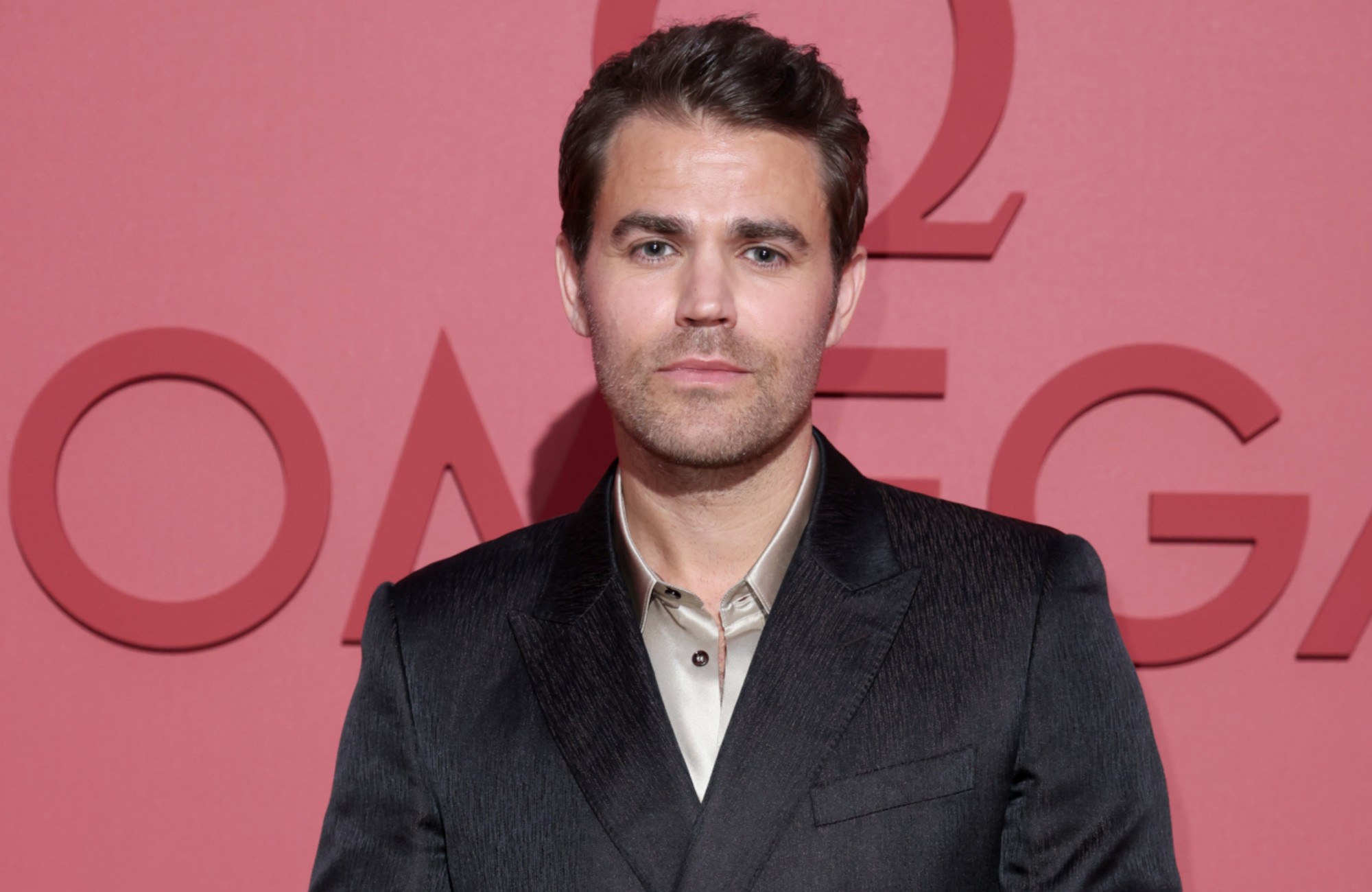What We’re Getting Wrong About Lizzo’s Juice Cleanse
Trigger warning: This article contains mentions of diets, disordered eating and weight loss.
I logged onto Instagram last night to scroll away my pandemic blues, as one does, when I came across a post by my friend talking about being disappointed by Lizzo. It didn’t take long to discover the source of said disappointment. Within a few clicks, I was watching the singer’s lengthy Instagram Stories recap of what she “ate” on her 10-day smoothie detox, built by nutritionist and self-proclaimed weight-loss expert JJ Smith (trigger warning: this link contains mentions of extreme weight loss).
Throughout what seemed like an advertisement for Smith’s program, but wasn’t labelled as sponsored content, Lizzo showed off her green smoothies, supplements, beauty water (whatever that is), vegan protein bars and snacks of apples, peanut butter and nuts. She followed this with before-and-after photos showing how her body had changed over those 10 days. In her after photos, she appeared noticeably smaller and was grinning brightly.

(Photo: instagram.com/lizzobeeating)
Naturally, it didn’t take long for the Internet to latch onto this and run wild, with fans who once adored Lizzo for her self-love messaging and displays of body positivity now demonizing her as a fatphobe—which is, generally speaking, a person who discriminates against fat bodies and is fearful of becoming fat.
A since-deleted tweet by Twitter user @hutchleah, who has now publicly apologized for her take, read: “The first person @lizzo linked in her stories of body-checking and detoxing is a person all about weight loss. This is the detox she went on. Fuck. The second she linked is her trainer. He posts a ton of before and after photos on his page. Lizzo is a fatphobe now.”
Author and body image advocate Stephanie Yeboah expressed similar feelings, tweeting: “It was inevitable. The industry is so violent towards fat women. Of course she was going to submit to toxic diet culture. It was only a matter of time … I saw it coming. I saw it. From the training videos. The veganism. The rejection of the fat acceptance movement.” (Regarding Lizzo’s “rejection of the fat acceptance movement,” Yeboah could be referring to Lizzo’s Vogue cover interview, in which the writer said the singer didn’t “want her message to be boiled down to body positivity.”)
I saw it coming. I saw it.
From the training videos. The veganism. The rejection of the fat acceptance movement. All these are fine.
Over the years, Lizzo has replaced Gabourey as the new ‘black fat woman in entertainment’ everyone takes a swipe at.
— Steph (@StephanieYeboah) December 14, 2020
Not even an hour later, the “Tempo” singer was back on her Instagram Stories defending her choice not only to take part in the detox, but share it on social media.
“So, I did the 10-day smoothie detox and as you know I would normally be so afraid and ashamed to post things like this online because I feel like as a big girl people just expect if you are doing something for health you’re doing it for a dramatic weight loss and that is not the case,” she says, adding that she drank a lot of alcohol and ate spicy foods in November that messed up her stomach. “I’m so proud of myself. I’m proud of my results … I feel and look like a bad bitch and I think like, that’s it.”
“I’m a big girl who did a smoothie detox and I wanted to share that with you guys,” she continues. “I got exactly what I wanted out of it and every big girl should do whatever the f—ck they want with their bodies.”
Read this next: ‘Quarantine 15’ Memes Reveal Just How Fatphobic We Are
By virtue of being a visibly fat Black woman, Lizzo was thrust into position as a body-positive activist when she hit the mainstream in 2019, although she never formally aligned herself with the movement. It makes sense though, that people who live in various intersections that “carry little privilege,” as Yeboah put it on Twitter, would be thrilled to see a vivacious, confident, fat woman singing about self-love, intimacy and letting go of men who don’t deserve her. Even as early as 2015, Lizzo was singing about her body in relation to the world being on her second studio album titled “Big GRRRL Small World.”
As my friends and I dissected our feelings about this last night—talking about how triggered we were to be confronted by weight-loss photos and a detox not backed by legitimate science (more on that in a second)—one thing became abundantly clear to me. Our empathy was missing. I was angry, not because of Lizzo or even *gestures vaguely* diet culture, but because there is a piece of me that still wants to engage with the culture of weight loss. I forgot that even someone as empowered as Lizzo still lives in the same world we all do—a world that tells us fat is wrong, and happiness and inner peace is just a “lifestyle change” away—and that because of that, she is worthy of our empathy and understanding.
Read this next: I Identify as Body Positive, But I Still Think About Losing Weight *A Lot*
Let’s get the science (or lack thereof) of “detox diets” out of the way. As women’s health expert and frequent Goop critic Dr. Jennifer Gunter tweeted: “There is no such thing as a detox diet. Diets cannot ‘reset’ the metabolism, ‘balance’ hormones, and there is no toxin a diet can remove.” Furthermore, there’s virtually zero science-based evidence proving that this kind of diet works, according to Harvard Health. In fact, studies show that fasts and low-calorie diets lower the body’s metabolism, and any results achieved through the diet will be lost upon returning to normal eating. There is no medical evidence proving that cleanses in general are at all useful for health purposes. Instead of cleaning out your gut, they clean out your bank account (Goop sells a five-day soup cleanse for, ahem, USD$249.)
There is no such thing as a detox diet. Diets cannot “reset” the metabolism, “balance” hormones, and there is no toxin a diet can remove.
— Jennifer Gunter (@DrJenGunter) December 15, 2020
Many people came to Lizzo’s defense on Twitter, saying that just because she wants to better her health doesn’t make her a fatphobe. It’s important to note that although Lizzo may not have been doing this detox to lose weight, as she said in her Instagram Stories, Smith, the creator of Lizzo’s detox plan, markets herself as an expert of “fast weight loss,” per her Instagram bio. Her website is full of “fat vs. skinny” rhetoric, extreme weight-loss imagery and fat-burning supplements.
Lizzo must have been aware of the backlash she would get posting news of her juice cleanse. She surely knows that fans, like myself, would be disappointed in her promoting a diet and knowingly sharing content that would trigger a large demographic of folks who have been abused, ostracized and left out because of their bodies. But we should be angry at this multi-billion-dollar industry, not at Lizzo.
Two days after posting about her cleanse, Lizzo, possibly in an attempt to placate her angry fans, shared a video on Instagram. In the video, she poses partially nude, reciting self-love prose in the background.
“Your body is perfectly yours, even if it ain’t perfect to anybody else… I’m so proud of you, for making it this far in a society that gives us a head start into self-loathing. That hands us a dysmorphic mirror,” she says. “I’ve spent so much time in this body and I am no different than you, still struggling to find balance, still trying to mend my relationship with food, with my anxiety, my back fat… If I have any advice, it is to eat, drink, move, rest. Your job is to grow. Your job is to figure it out along the way, regardless of what I or any so-called expert says.”
Time and time again, we misplace our anger. We expect our fat-positive heroes (especially when they’re women of colour) to be these unshakeable, perfect humans, infinitely unaffected by societal pressure to be thin and conventionally attractive. Lizzo is no more sheltered from that reality than us normies are. In fact, she’s probably confronted by it even more frequently than us, being a major celebrity who suddenly became the face of fat positivity—and thus the subject of a lot of body-related abuse, thanks in part of Jillian Michaels—without ever asking for it.
Read this next: Body Positivity Still Has a Representation Problem
I’ve spent a decade rekindling my relationship to my body, grappling with weight gain as I age, and learning how to be an ally and activist in the fat-positive space. But like a dog to a bone—or like someone who spent a decade yo-yo dieting—I immediately navigated to Smith’s website. “Maybe this time, maybe this diet backed by Lizzo, would give me the weight loss and food freedom I craved for so long,” I thought. Luckily, my new instincts kicked in, reminding me that this would just lead to more pain. I exited out of the page.
For people who have dedicated much of their lives to fighting against diet culture, this truth—if it is your truth, as it is mine—can be hard to swallow. Maybe it’s Lizzo’s truth, too. Maybe it isn’t. But I have a feeling it could be playing a role in our collective, misdirected anger at a 33-year-old celebrity just trying to figure shit out along with the rest of us.
If we keep being angry at the wrong people, we will never heal. If we keep seeing celebrities like Lizzo as the almighty messenger against diet culture, we will keep shooting the messenger instead of fighting against what really matters—diet culture as a whole, our own biases about fatness, and the expectation that celebrities should be our saviours.






